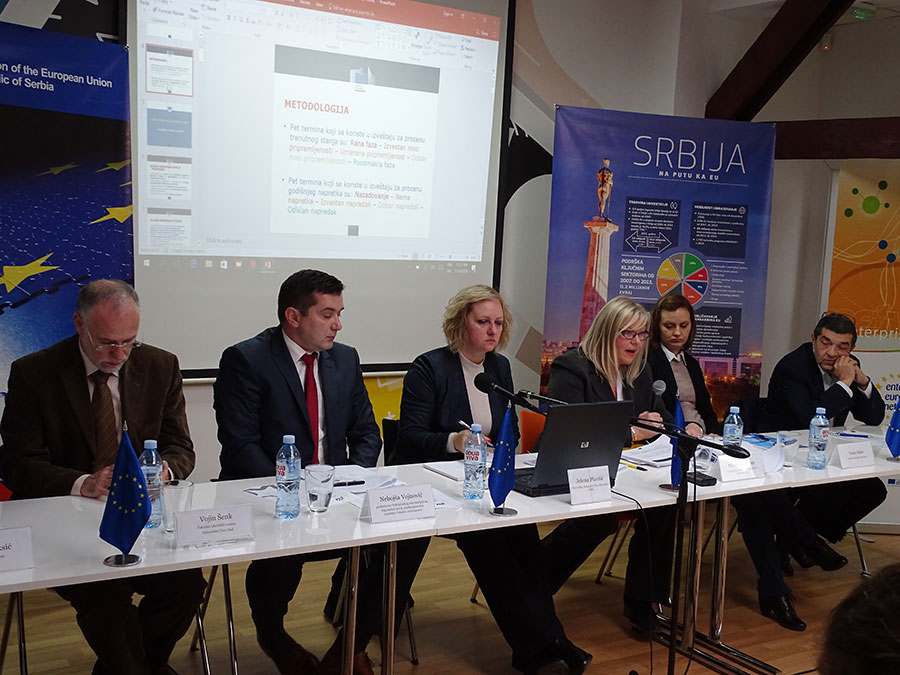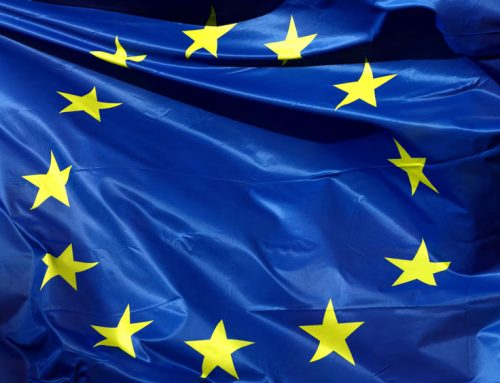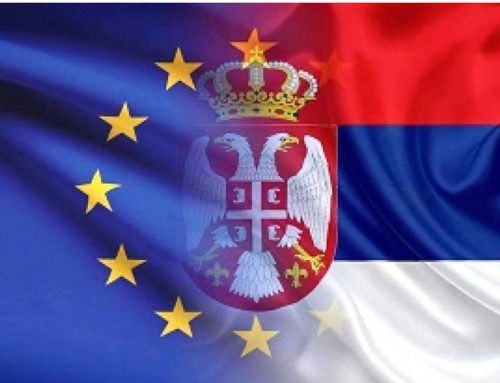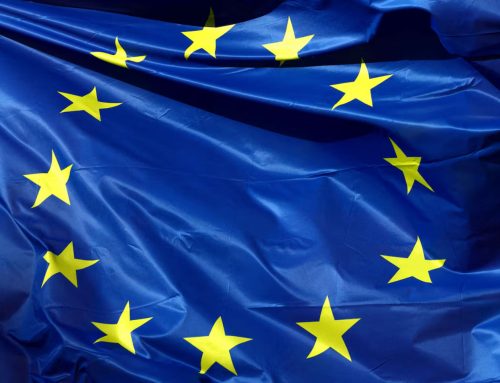Noora Hayrinen, Head of Political Section at the EU Delegation to Serbia, held a public presentation of the 2016 European Commission on Serbia in Novi Sad. The presentation was organised by the EU Info Point Novi Sad in cooperation with the EU Delegation to Serbia.
Hayrinen pointed to the new elements of the 2016 Report. As she put it, apart from the degree of progress, the Report also dealt with the state of play in fulfilling political and economic criteria.
She said that when it comes to the rule of law, economic development, competitiveness and the country’s ability to compete in the European market, the main goals remained the same.
Hayrinen said that Serbia was undoubtedly moving in the right direction and had made progress in certain fields, adding that it was a positive thing that there was no backsliding in others.
In some areas, Serbia plays a central role in the region, for instance when it comes to treatment of migrants and refugees. Among the unresolved issues are the creation of business enabling environment and the need to pay greater attention to discriminated social groups, Hayrinen said.
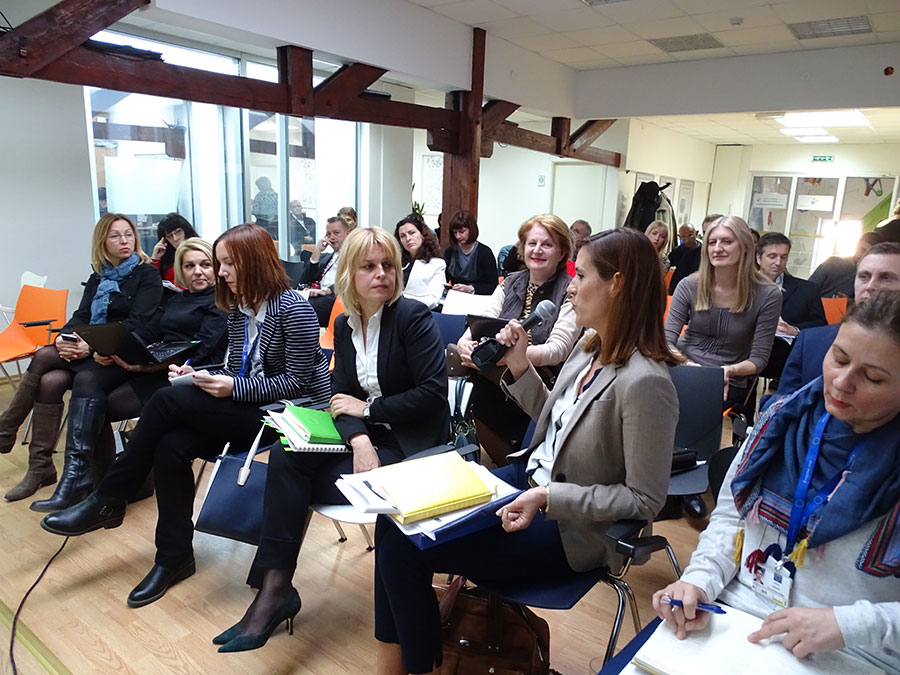
The Parliament and the civil society have been included in the accession process to a greater extent. The inclusion, transparency and quality of law-making, however, need improvement, whereas the adoption of laws by urgent procedure should be limited. Certain areas require constitutional amendments to achieve harmonisation with EU standards, she said.
It is necessary to make further effort to secure the freedom of expression and create a media landscape which allows the media to be free and unbiased, Hayrinen said. Also, it is necessary to improve the application of the principle of human rights observance and independence of judiciary and shorten the overall length of judicial proceedings. Combating the widespread corruption continues to cause a serious concern.
In many areas, the Report notes the lack of implementation of the existing decisions and regulations. The Report highlights that Vojvodina maintained a higher degree of protection for minorities compared to the rest of Serbia. Unemployment rate remains high, particularly among youth, even though it fell by 1.5 percent compared to 2015. It is necessary to invest in people and quality education, Noora Hayrinen said.
She said that the European Commission would present the next Report in 18 months. In the meantime, the Government will present its implementation plans which will then be monitored. It is worth noting, Noora Hayrin said, that “the reform and transformation process is not about the EU, but about each and every citizen of Serbia, and was designed to enable economic prosperity, create new jobs and better living conditions for citizens.”
Ivana Sabo addressed the audience on behalf of Novi Sad Business Incubator,. She said that Business Incubator was proud to make a small but significant contribution to the economic progress of Serbia, adding that in 2016, some 40 companies have taken part in various Incubators programmes, whereas around 140 people have found jobs.
Undersecretary of the Provincial secretariat for regional development, interregional cooperation and local self-government Nebojsa Vojnovic said that the Provincial Government planned to direct investment to underdeveloped municipalities and expand existing local capacity.
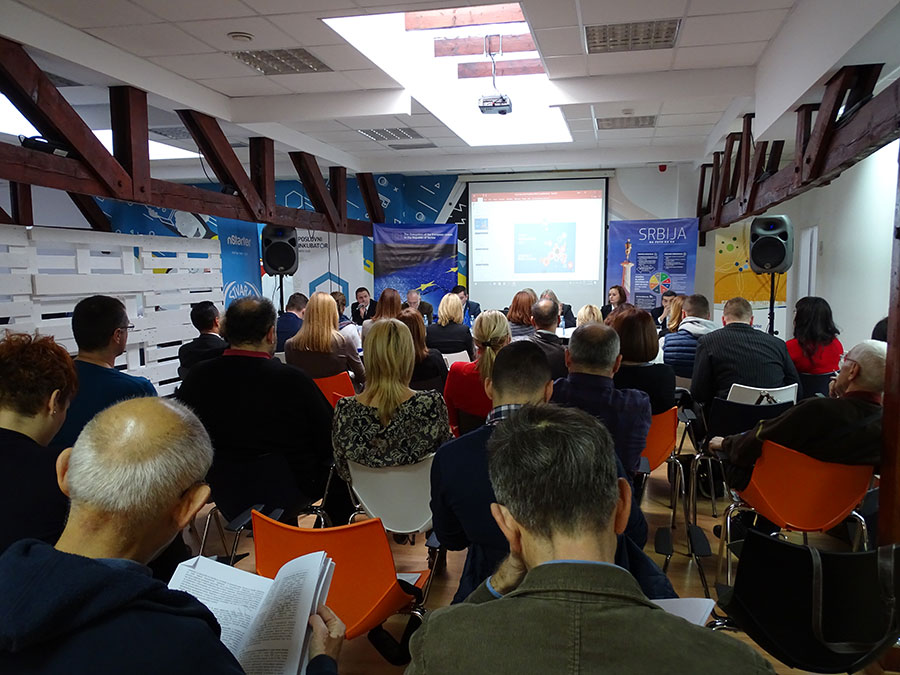
The economy is not doing enough to boost youth employment through education and training as well as through strengthening of business and entrepreneurial spirit. Uncertain business environment, despite the progress made in the period behind us, remains a serious issue along with difficulties in finding investment to start a business, said Milan Stojanov, the representative of Vojvodina Chamber of Commerce, secretary of the Board of international economic relations, adding that the latest indicators showed that the EU accounts for over 60 percent of Vojvodina’s total exports and some 55 percent of its total imports.
Professor at the Faculty of Political Sciences and Coordinator of the Enterprise Europe Network Vojin Senk said that over 90 percent of the Report dealt with areas involving corruption and international relations, adding that those areas left no room for Serbia to advance, but merely kept it from backsliding. Investment in research an innovation should be observed from another perspective in the next report, he said. Investment in these areas is not necessarily financial in nature, but can and should be systematic and organisational as well. Because he added, if we fail to advance in this area, we will never reach the EU. The education should be organised in a way that educates young people who will bring change. Professor Senk said that thanks to education system, professional training and cooperation with economy, the FTN and the University of Novi Sad managed to keep a large number of young people from leaving Serbia.
The representatives of the European integration sector answered the questions from CSOs and citizens. The majority of questions were about the employment opportunities, development of local self-governments, support to SMEs and rural development.

